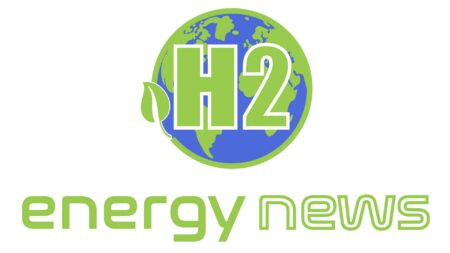The world is witnessing an unprecedented surge in investments in electrolysis for hydrogen production, particularly in the realm of green hydrogen. While this marks significant progress in the transition to clean energy, it also highlights the challenges and ambitions surrounding the shift away from fossil fuels.
Browsing: Report
Brazil, a country renowned for its pioneering efforts in renewable energy, is set to achieve another groundbreaking milestone. It will become home to the world’s first plant dedicated to producing renewable hydrogen from ethanol.
Hamburg-based Eternal Power is setting its sights on producing hydrogen in Chile for export to Germany and the broader European market. This audacious venture aligns with Chile’s ambitious goal of becoming a major exporter of green hydrogen, with the country’s Energy Ministry targeting a production cost of around $1.5 per kilogram.
Piedmont, a region in northwest Italy, has embraced hydrogen potential as a beacon of hope for its industrial rebirth. As the clock ticks on the European Union’s ambitious Recovery and Resilience Plan (Pnrr), Piedmont, along with other Italian regions, is rapidly transitioning towards a hydrogen-powered future.
In the ever-evolving landscape of global energy, hydrogen has emerged as a powerful contender in the race towards clean and sustainable fuels. At the forefront of this transition is Egypt, a nation with ambitious plans to harness the potential of hydrogen as a game-changer in the energy market. But Egypt’s vision goes beyond its borders; it calls for the establishment of a global entity akin to OPEC, one that can coordinate the fragmented hydrogen market and foster cooperation rather than competition.
Jordan is actively formulating a strategy that aims to not only encourage investments but also catalyze the development of green hydrogen projects.
Hydrogen is not just another element; it’s a strategic opportunity for the United States to lead the global clean energy revolution. With the right incentives, hydrogen could position the U.S. as a net-zero industrial powerhouse, maintaining the economic momentum it gained from abundant natural gas production during the shale revolution.
Laurence Boisramé, global director of hydrogen at Bureau Veritas, offers insights into the pivotal role that certification, standardization, and global consensus play in shaping the future of hydrogen as an energy vector.
The stage is set for a revolution in the energy landscape, and at its heart is the promise of low-emissions hydrogen. A recent report by the International Energy Agency (IEA) reveals a complex yet hopeful picture of an industry on the brink of transformation.
Germany, known for its commitment to sustainability and innovation, is on the brink of unlocking a remarkable green energy source hidden in plain sight: sewage treatment plants.


